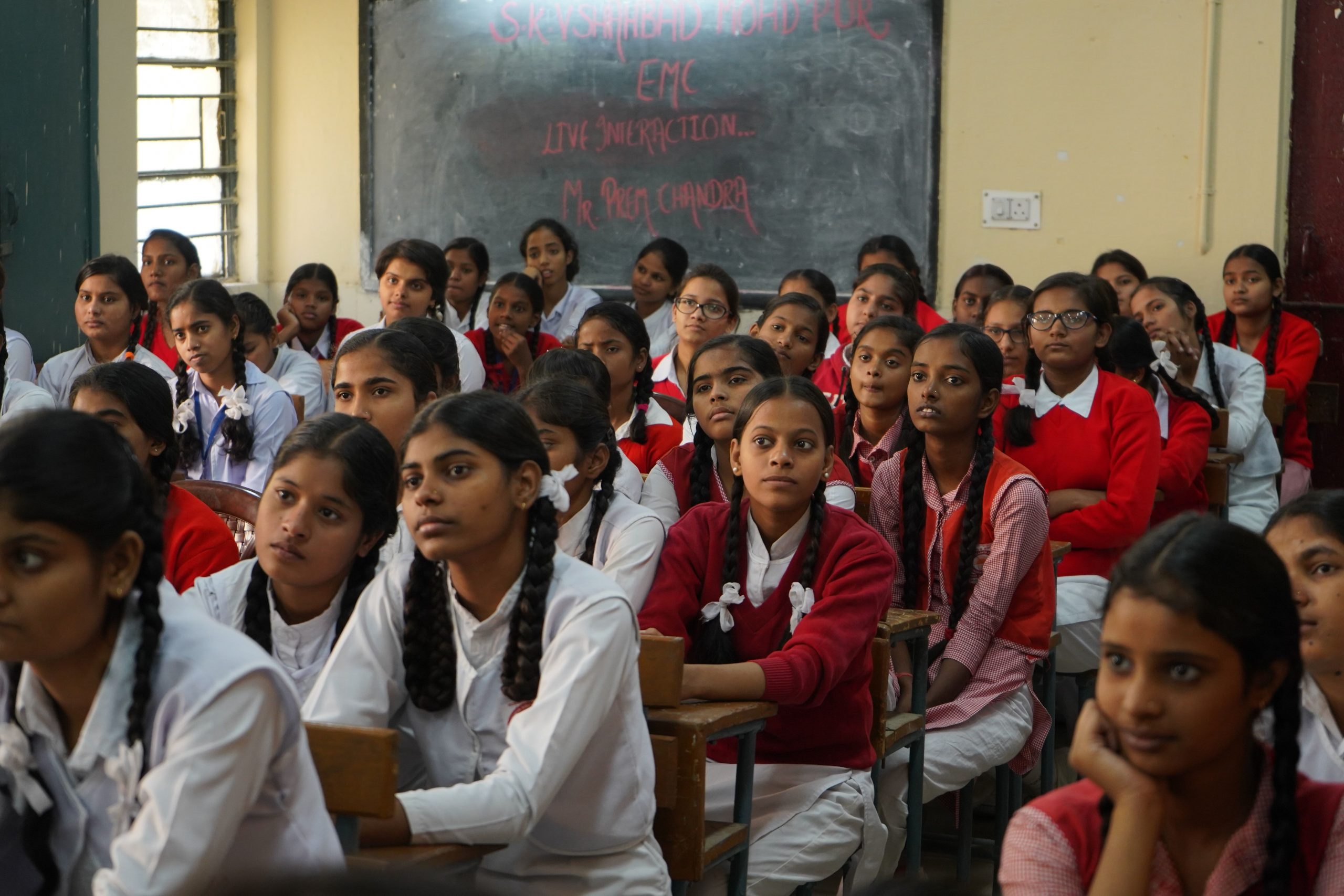The Centre on Wednesday
unveiled the National Education Policy 2020 with an aim to transforming the
education system in the country. The new policy looks to
universalize primary education by 2025, besides providing basic literacy and
numerical competence for all. According to the new policy, the 10+2 structure
of school curricula will be replaced by a 5+3+3+4 curricular structure
corresponding to ages 3-8, 8-11, 11-14, and 14-18 years, respectively. It will
include 12 years of schooling and three years of Anganwadi and pre-schooling.
Welcoming the policy, Indian
Institute of Technology-Ropar director Professor Sarit K Das told Opoyi, “It’s
a remarkable day in the history of Indian Education system. It is holistic and
multifaceted in approach. Under the new policy, students will be given
increased flexibility and choice of subjects, which is in line with global
educational trends. It has reduced curriculum content, to enhance essential
learning/critical thinking in students.”
Saying that it will be
India as an education hub on the world map among top, the director said, “Emphasis
on Indian languages, new technologies and multidisciplinary educational
infrastructure is a progressive step. It also aims an increase in GER to 50% by
2035 and an Academic Bank of Credit for digitally storing academic credits.”
Aekta Chanda, education
specialist at ChildFund India, an organisation that works to create safe environments for children, said that the policy emphasising on the
universalisation of education from early childhood years is a welcome change, but it is not very vocal about extension of the RTE. “The promotion of the
mother tongue till class 5, as medium of instruction, is significant but it
will be a challenging task as teaching and learning material is presently
available in only a few standard languages.”
Chanda told Opoyi, “It
is heartening to see the inclusiveness of arts and sports in the curriculum,
especially since they were earlier considered extracurricular activities. The
connection of local art, music, business, sports, carpentry, and other
vocational crafts with school education is important as it may lead to
strengthen the connection between community and schools.”
She said the implementation
needs more clarity and detailed reading of the document might take a while.
“A single
regulator for all higher educational institutions is a great idea as it will
bring coherence of approach and purpose. It will realise the vision of education
in India,” she added. The approval of new National Education Policy (NEP) by
the government is a positive step forward, said Jawaharlal Nehru University
(JNU) VC M Jagadesh Kumar told PTI.
Ankit Arora, founder of
not-for-profit organization focused on transforming parents’ engagement in their child’s development Saarthi Education, said, “The policy is in line with the 1968
policy, and 1992 review of the policy which had recommended an increase in the
budget of education. This is in line with the budget and spending of most of
the developed countries. If India wants to be counted as a country with the
most progressive education system, it will have to spend like one.”
He told Opoyi, “Any policy is as good as its
implementation, there will have to be a lot of focus on the implementation
part. The merging of two ministries to bring early childhood education to the
ambit of the “Education Ministry” could be a bureaucratic nightmare if not done
right. The policy shows a lot of promise and if executed effectively in letter
and spirit.”







